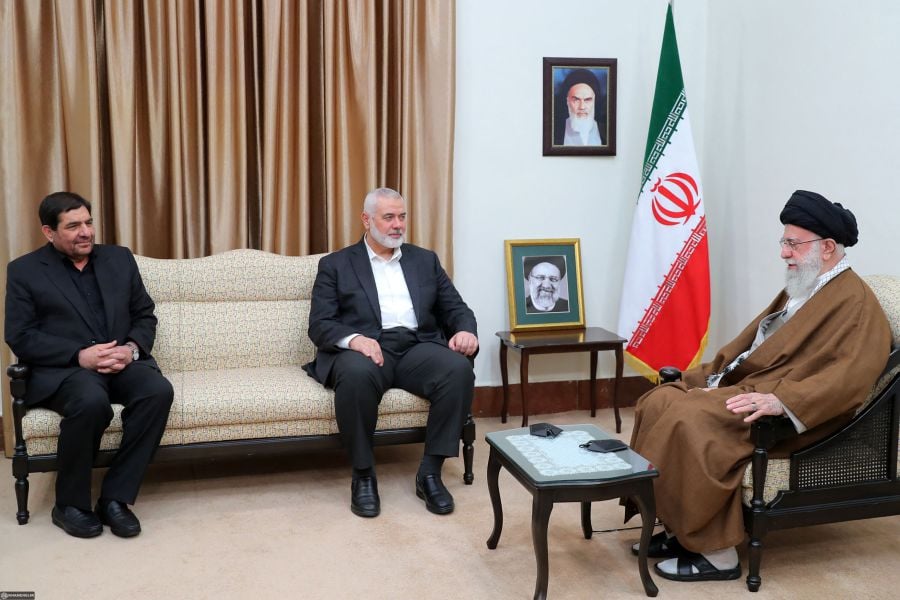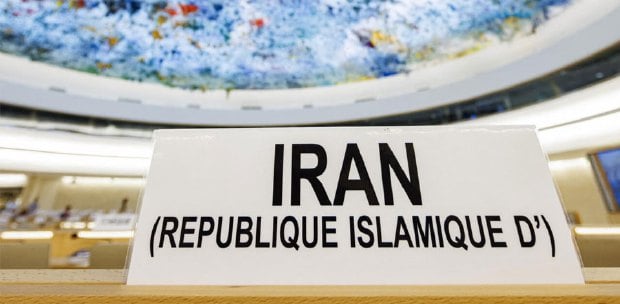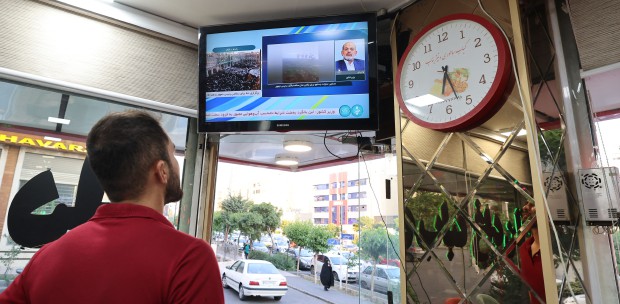THE late Iranian President, Ebrahim Raisi, the Minister of Foreign Affairs, Dr Hossein Amir Abdullahian, and their delegation lost their lives in a helicopter crash due to bad weather conditions in the northwest of Iran last week.
Their funeral ceremonies were held in several cities, including Qom, Teheran, Tabriz, and Mashhad, in the presence of millions of people.
The former presidents of Iran, political parties and different organisations, sent their messages of condolences and attended the funeral ceremonies along with millions of Iranian people who have shown their national unity at this difficult time.
Based on the capacity of the Islamic republic of Iran's constitution, the occurrence of any incident is foreseen in different articles and clauses.
Based on the Constitution, at the time of such incidents, presidential elections must be held within 50 days after the absence of the president and a new president should be elected directly by the vote of the Iranian people.
The date of the presidential election in Iran has been set for June 28. The new president will form a new government.
The foreign policy of the Islamic Republic of Iran in general and the regional policy in particular is based on the strategic rationality of the Islamic Republic of Iran.
Therefore, the foreign policy of the Islamic Republic of Iran will not change in regard to Islamic countries and Iran's neighbours.
The approach of de-escalation of tensions with neighbours is the definitive decision of the Islamic Republic of Iran.
In this regard, the late Ayatollah Raisi had emphasised the issue of good neighbourhood policy from the beginning of the formation of his government, and Hossein Amir Abdullahian, the Minister of Foreign Affairs, followed this strategy decisively.
The restoration of Iran's relations with its neighbours, especially the revival of relations with Saudi Arabia and other Arab countries, is of great importance and achieved good results.
The improvement of relations could be seen in the recent visit of top officials from Arab and neighbouring countries such as the foreign ministers of Egypt and Bahrain, to pay their respects to the leaders killed in the recent incident.
Supporting the oppressed people of Palestine and confronting the Zionist regime were among the components of the foreign policy of the late President and Foreign Minister. As a result of these approaches, the efforts of the Zionist regime failed in all respects globally and the resistance of the Palestinians succeeded instead.
The active diplomacy of the late Hossein Amir Abdullahian, the Minister of Foreign Affairs of the Islamic Republic of Iran, led to the improvement of Iran's position in the region and globally by strengthening of relations with Islamic countries, and Iran's membership in major organizations such as "Shanghai Cooperation Organization" and "BRICS" as well as emphasising on multilateralism with countries like China, India, Russia, Brazil, South Africa and Malaysia has created a new capacity for Iran's foreign diplomacy.
Last year, Malaysian Foreign Minister Datuk Seri Mohammad Hassan met with the late Hossein Amir Abdullahian twice on the sidelines of international and regional forums to discuss expansion of relations between Muslim countries.
The expansion of bilateral relations with Malaysia and the strengthening of cooperation between the two countries in international organizations became more evident during this period.
Last year too, Prime Minister, Datuk Seri Anwar Ibrahim, met and talked with the late Ayatollah Raisi on the sidelines of the United Nations summit in New York and the Organisation of Islamic Cooperation in Riyadh.
The Malaysian Agriculture Minister (Datuk Seri Mohamad Sabu), as a representative of the Malaysian prime minister and the government of Malaysia, participated in the ceremony to pay tribute to the late Iranian president and officials killed in the recent crash.
The relationship between Iran and Malaysia will continue to expand after the formation of the new government in Iran.
Embassy of Islamic Republic of Iran
Kuala Lumpur





